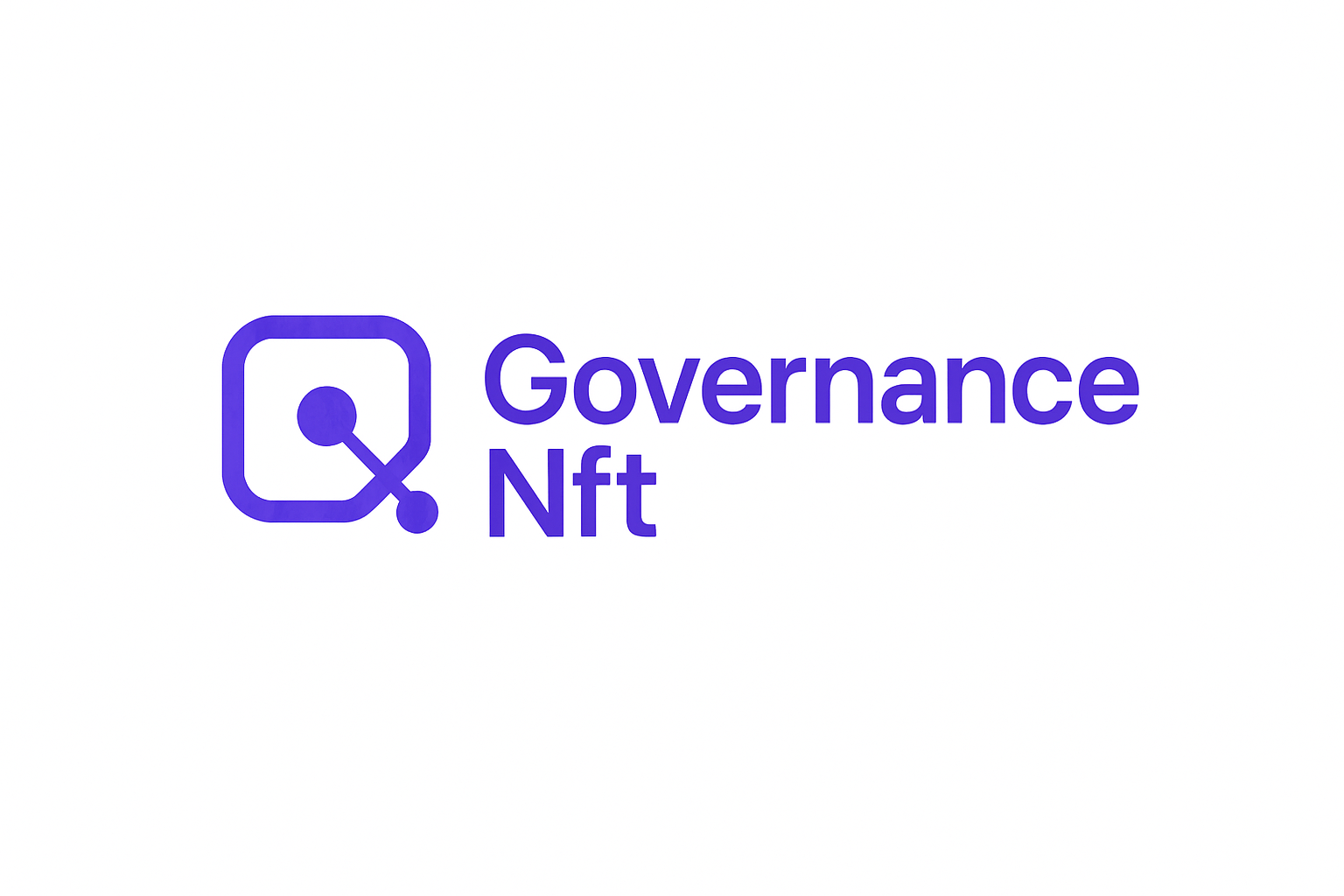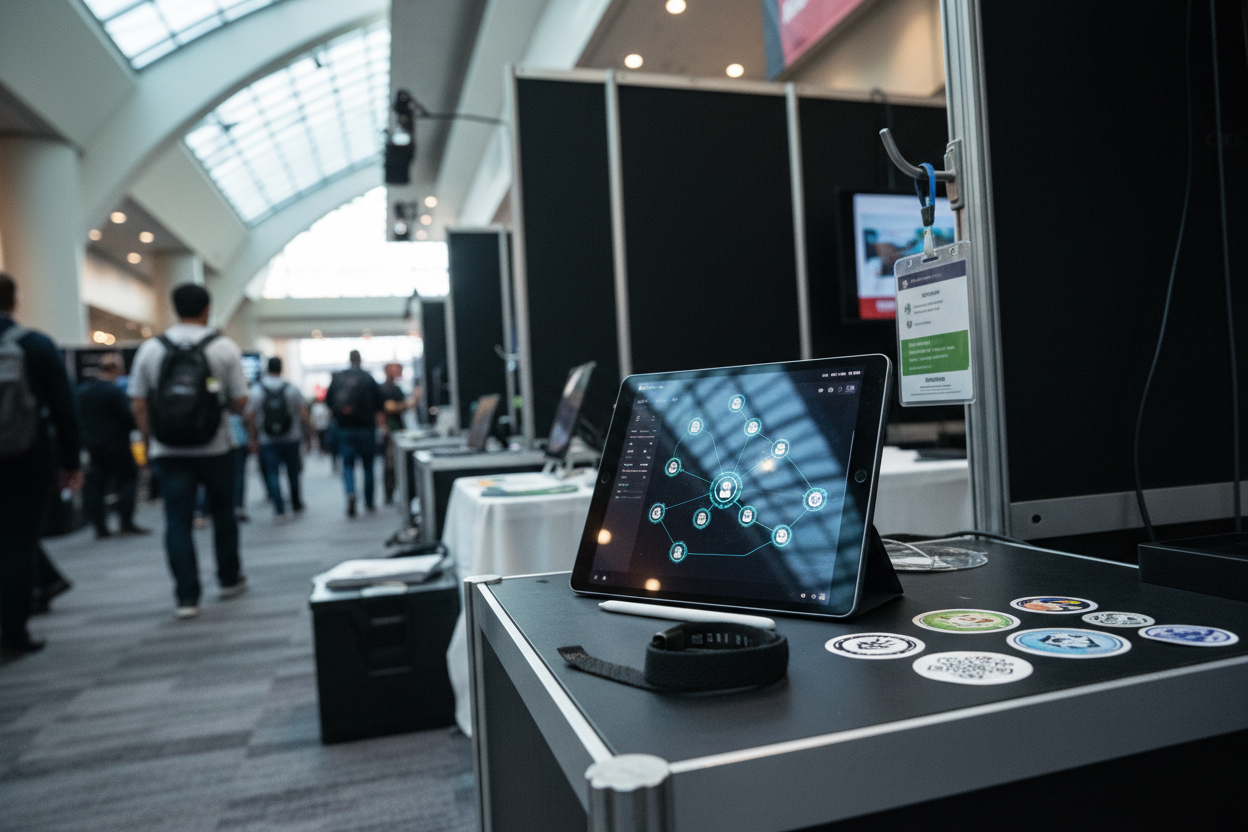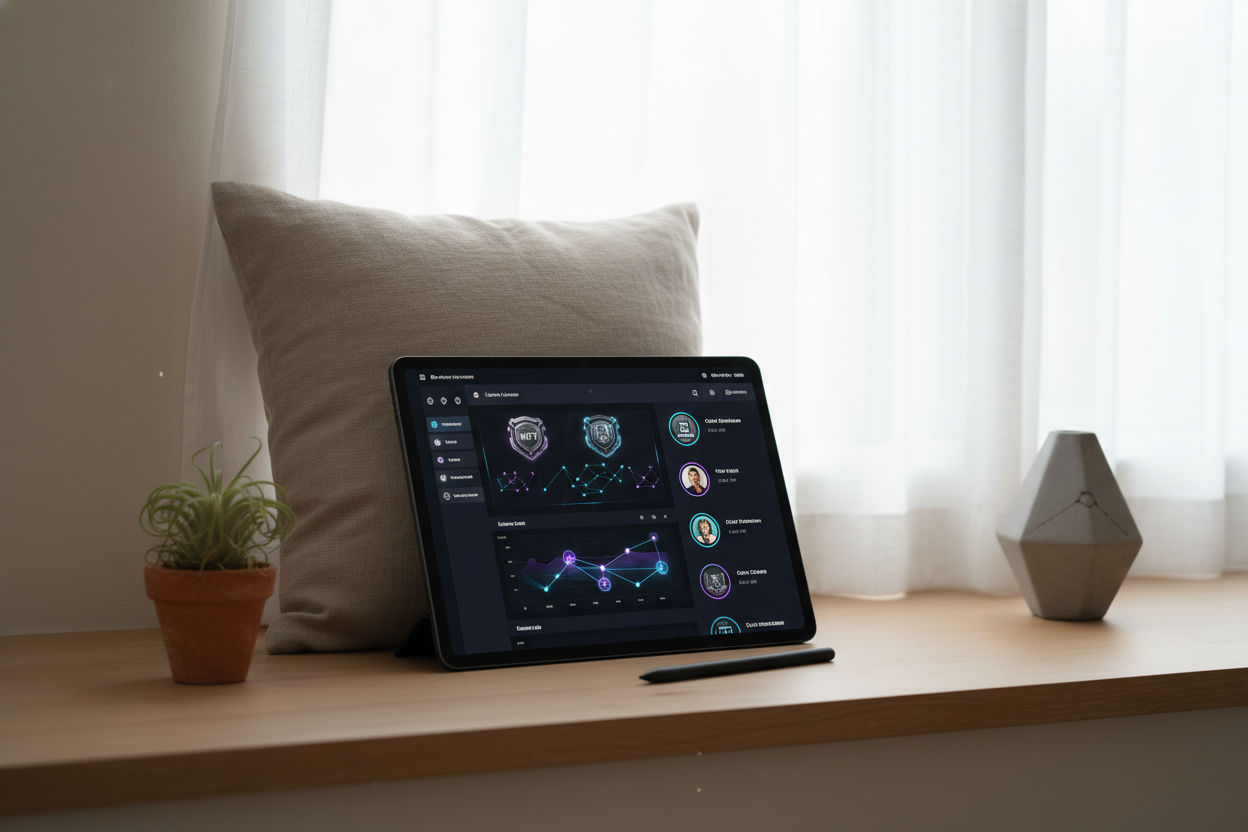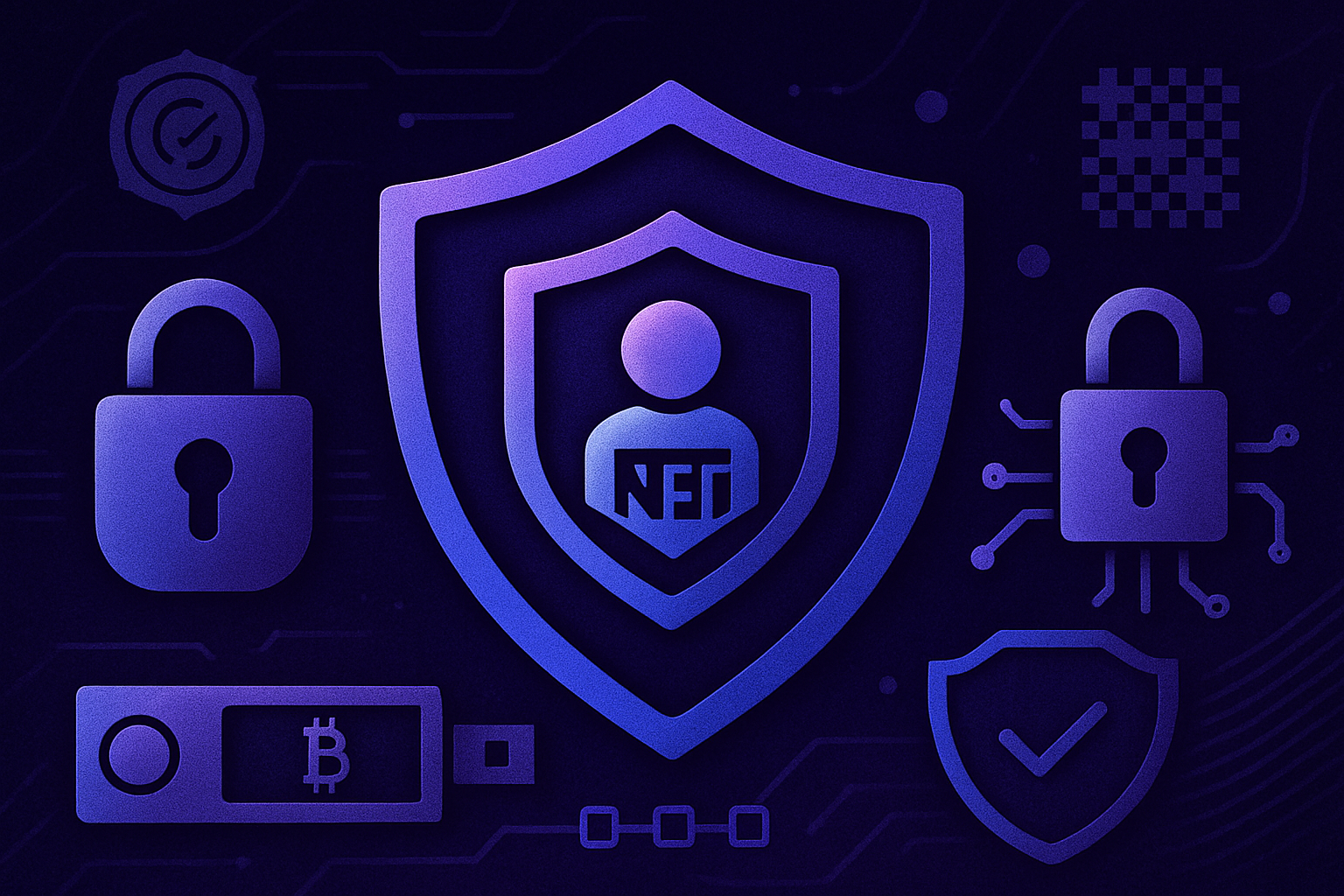
In the rapidly evolving world of decentralized autonomous organizations (DAOs), governance is only as strong as the mechanisms that underpin it. While blockchain technology promises transparency and accountability, traditional on-chain voting systems often introduce new vulnerabilities, such as peer pressure, voter apathy, and the outsized influence of large stakeholders. The integration of private DAO voting with NFT governance badges is emerging as a powerful solution to these challenges, enhancing fairness, integrity, and member engagement across decentralized ecosystems.

Why Privacy Matters in DAO Voting
Public voting on the blockchain, while transparent, can inadvertently undermine democratic principles. When individual votes are visible in real time, participants may feel pressured to align with majority sentiment or influential community figures. This visibility can enable strategic last-minute swings by large token holders, commonly known as “DAO whales”: and even open the door to bribery or collusion. As recent research from Cornell and MIT underscores, most DAOs lack robust privacy solutions, leaving them vulnerable to these forms of manipulation.
Private voting prevents corruption, enables more honest participation, and unlocks the full potential of decentralized governance.
Privacy-preserving technologies such as homomorphic encryption voting and zero-knowledge proofs are gaining traction as confidential on-chain voting solutions. These cryptographic techniques allow votes to remain hidden until the end of the voting period, ensuring that decisions reflect genuine preferences rather than social pressure or market speculation.
NFT Governance Badges: More Than Just Credentials
Alongside private voting, DAOs are leveraging NFT governance badges to formalize member roles and contributions. Unlike fungible tokens, NFT badges are unique and programmable, enabling DAOs to create highly customized governance models. Each badge can encode metadata about a member’s achievements, responsibilities, or voting rights, making them a powerful tool for establishing reputation and rewarding meaningful participation.
This approach moves DAOs beyond simple token-weighted voting, which often favors capital over contribution. By assigning voting power based on verifiable achievements and on-chain credentials, NFT badges foster a more meritocratic and resilient governance structure. For a deeper dive into how badges enhance transparency and participation, see this resource on assigning voting power and tracking contributions.
Key Benefits of Private Voting with NFT Governance Badges
-

Enhanced Voting Privacy and Integrity: Private voting mechanisms, such as those developed by Shutter Network, conceal individual votes until the end of the voting period. This reduces the risk of peer pressure, bribery, and herd mentality, ensuring more honest and independent decision-making within DAOs.
-
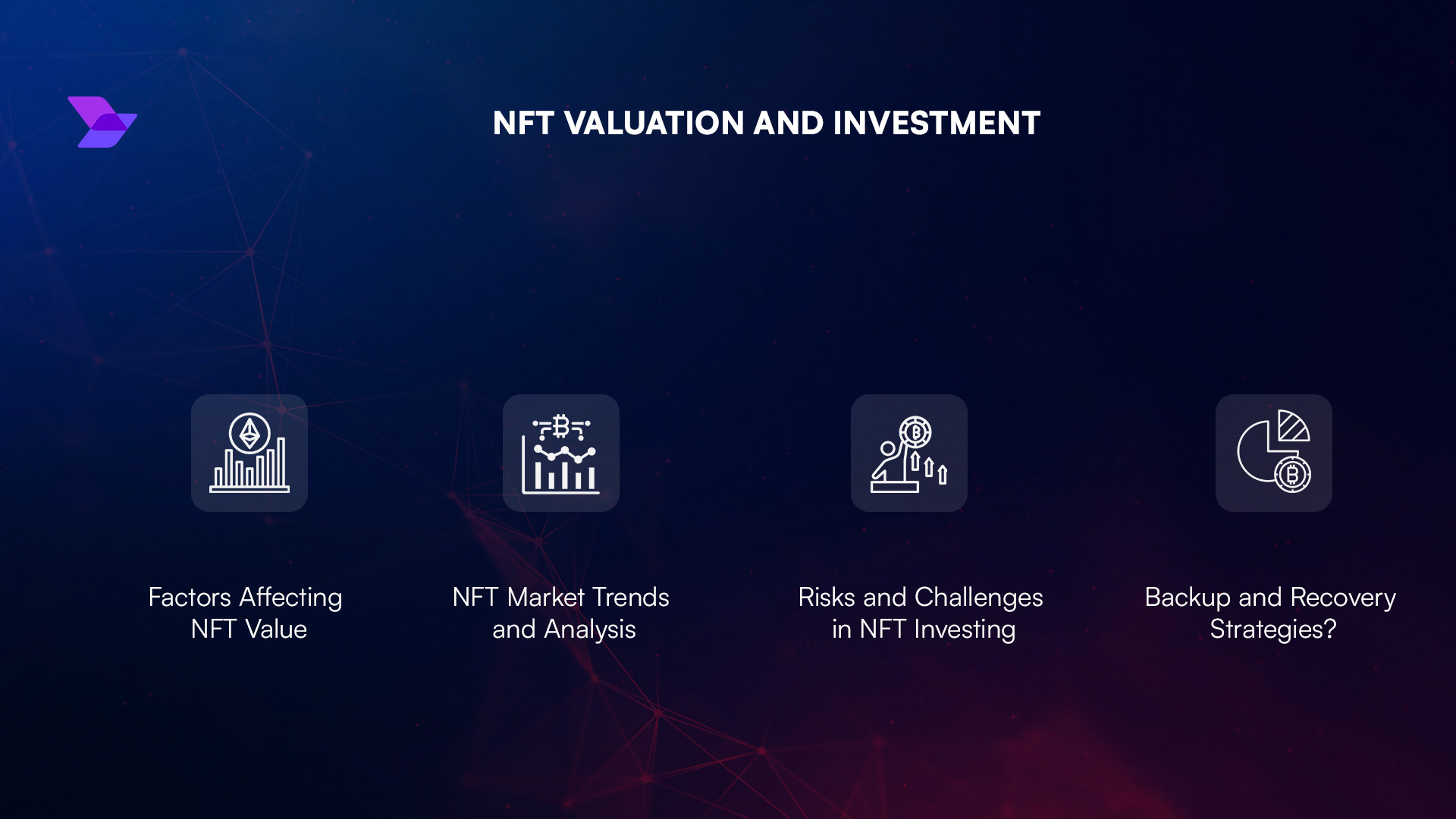
Merit-Based Voting Power: NFT governance badges, as implemented by platforms like GovernanceNFT.com, allow DAOs to assign voting rights based on members’ on-chain achievements and roles. This fosters a meritocratic system, reducing the dominance of large token holders and encouraging active participation.
-
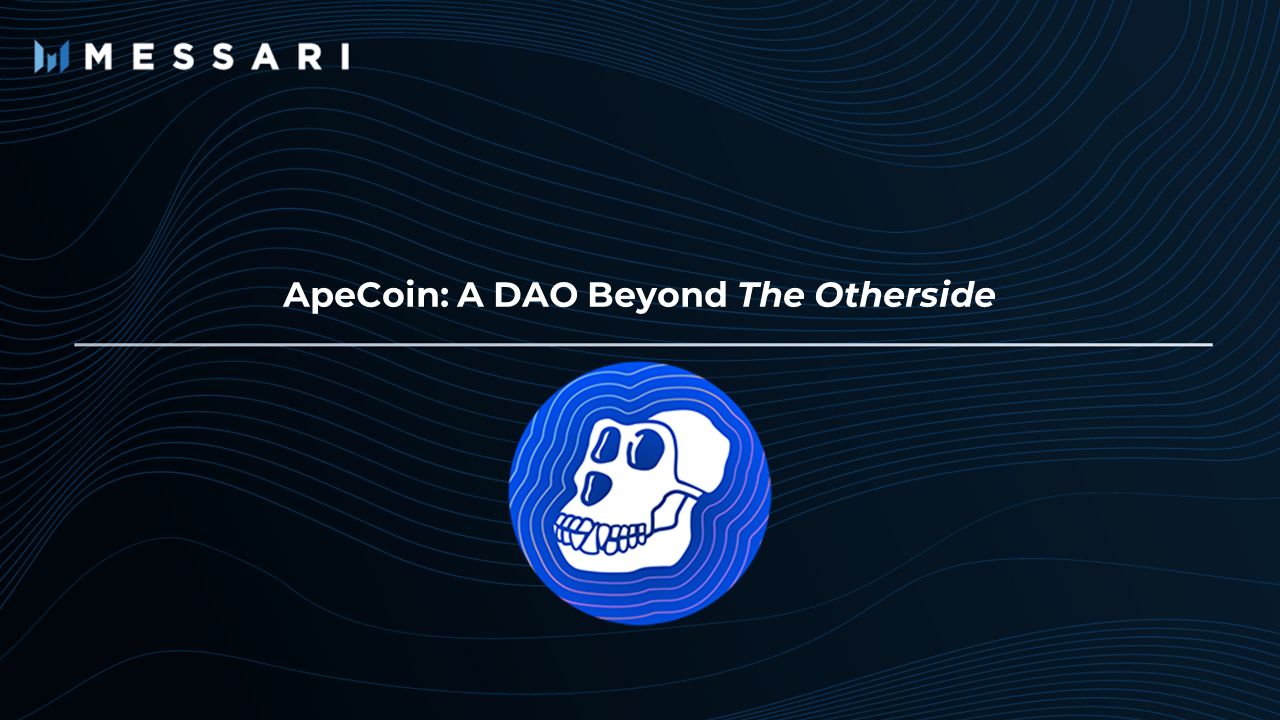
Transparent and Verifiable Credentials: NFT badges serve as on-chain, tamper-proof records of member contributions and voting rights. This transparency helps eliminate information asymmetries and builds trust in the governance process, as all badge issuance and voting records are accessible on-chain.
-
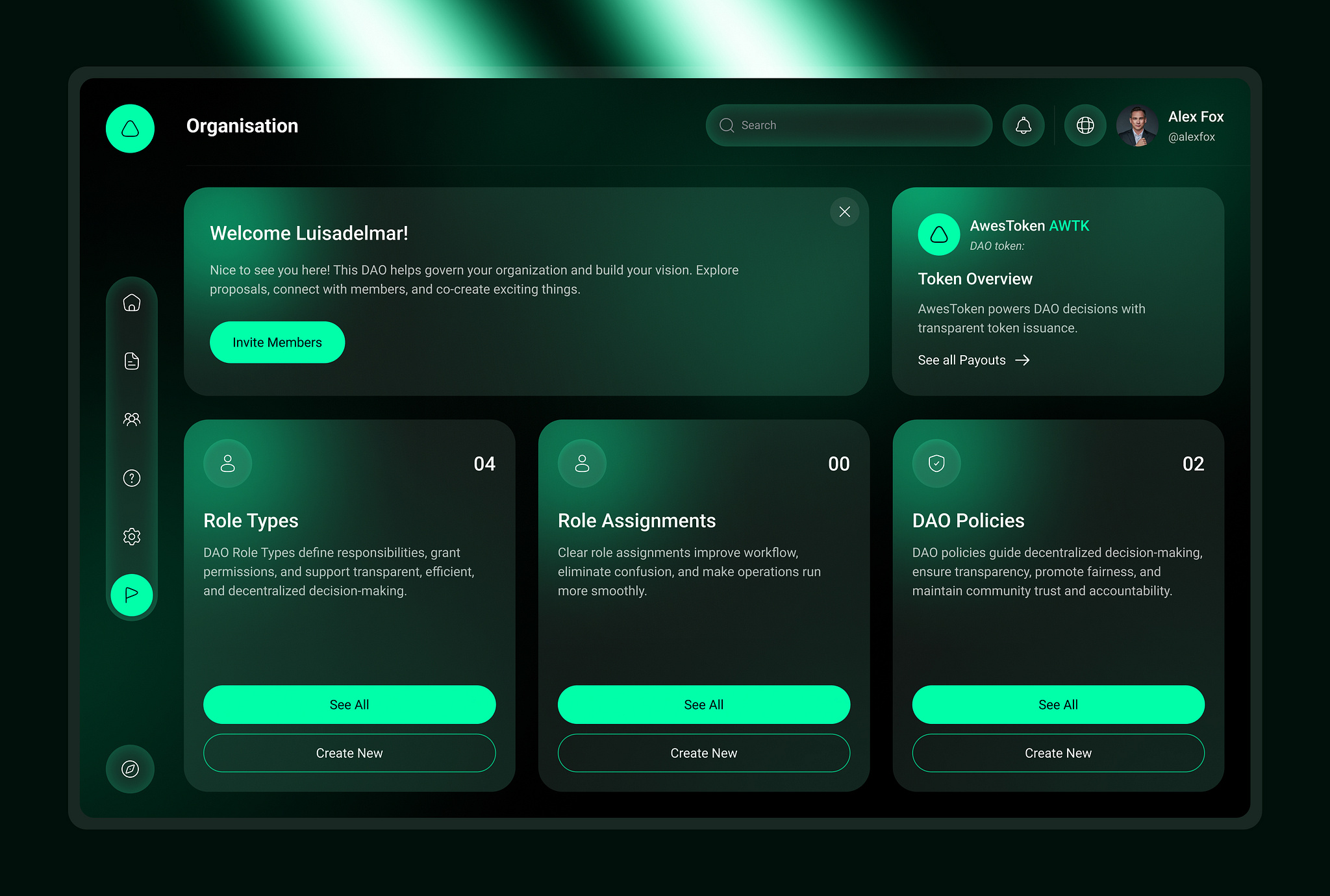
Incentivized Community Engagement: By linking voting power to NFT badges that recognize valuable contributions, DAOs motivate members to participate more meaningfully in governance. This leads to a more engaged and invested community, strengthening the DAO’s decision-making.
-
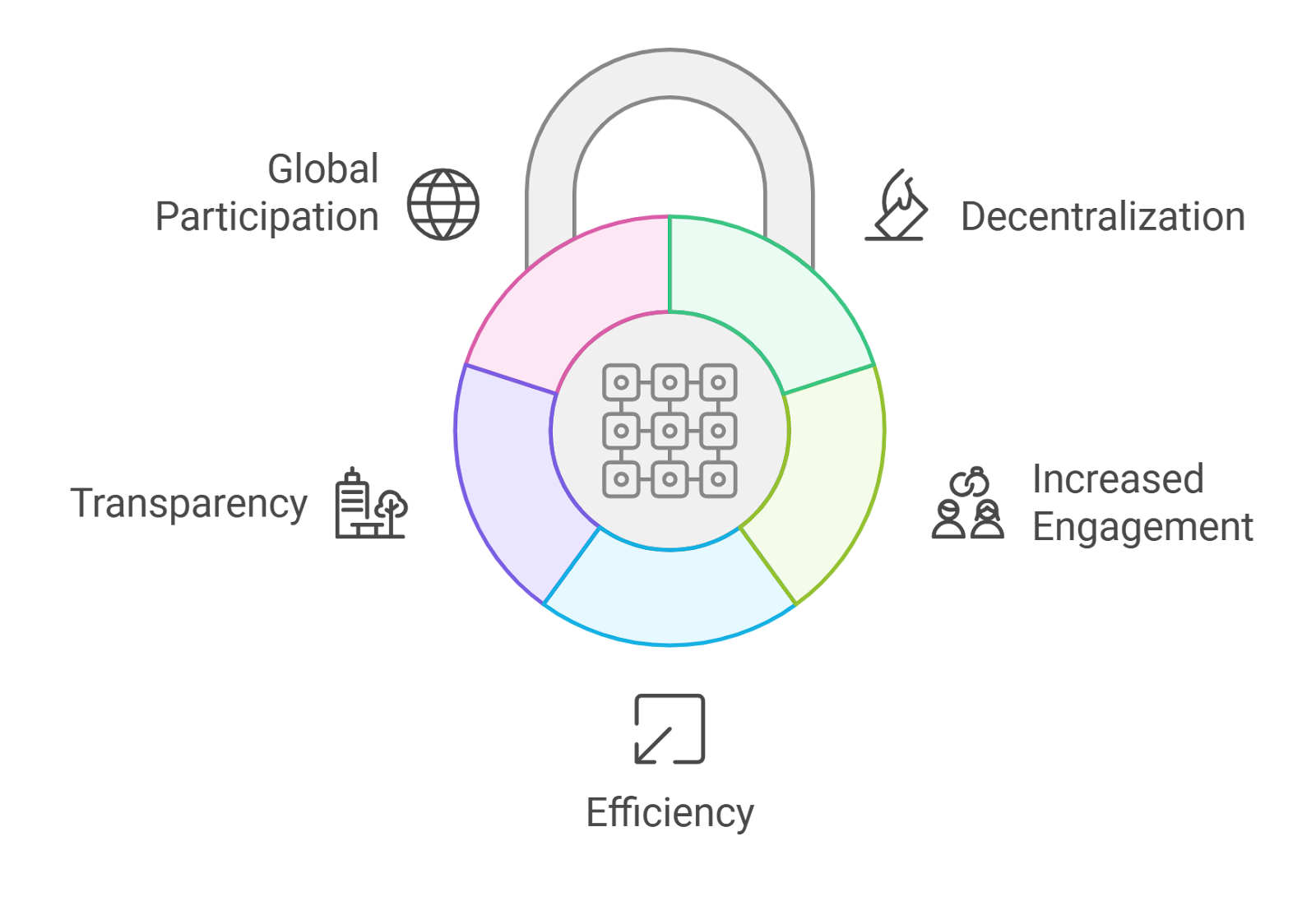
Robust and Democratic Governance Structures: The integration of private voting with NFT badges creates a governance model that is both fair and secure. It balances privacy and transparency, enabling DAOs to make more democratic decisions while safeguarding individual voter anonymity.
The Synergy: Private Voting Meets Verifiable Participation
The true strength of modern DAO governance lies in the intersection of privacy and verifiability. By integrating confidential voting mechanisms with NFT badge-based reputation systems, DAOs can:
- Protect voter anonymity, ensuring that choices are free from undue influence
- Reward genuine contributions through transparent badge issuance
- Reduce dominance of large token holders by tying voting power to merit and engagement
- Enable auditable yet confidential voting records, balancing transparency with privacy
This synergy not only mitigates traditional governance risks but also incentivizes active and honest participation, two pillars essential for the long-term health of any decentralized project.
Implementing these intertwined systems is not without technical challenges. Confidential on-chain voting often relies on advanced cryptography, such as homomorphic encryption or zero-knowledge proofs, to keep ballots secret while allowing for verifiable tallies. These methods ensure that even in a fully decentralized environment, the sanctity of each vote is preserved, no one, not even network validators, can link a vote to a voter until the process concludes. This is especially critical in DAOs where reputational and financial stakes can be high.
Meanwhile, NFT badges serve as immutable records of participation and achievement. By encoding voting rights and contributions directly into these tokens, DAOs can create flexible governance frameworks that adapt to community needs. Whether it’s assigning extra weight to long-term contributors or limiting the influence of newly joined whales, NFT badges make it possible to fine-tune governance with precision. Explore how badges enhance transparency in DAO voting here.
The New Standard: Privacy and Meritocracy in Practice
As more DAOs adopt these practices, we’re witnessing a shift from purely capital-based voting to models that balance privacy, merit, and transparency. Projects using private DAO voting report higher engagement rates and more nuanced decision-making, as members feel empowered to vote honestly without fear of retaliation or social pressure. Simultaneously, NFT governance badges are helping DAOs recognize non-monetary contributions, such as development work, community moderation, or thought leadership, by granting voting rights accordingly.
DAOs Using Private Voting with NFT Badges: Real-World Examples
-
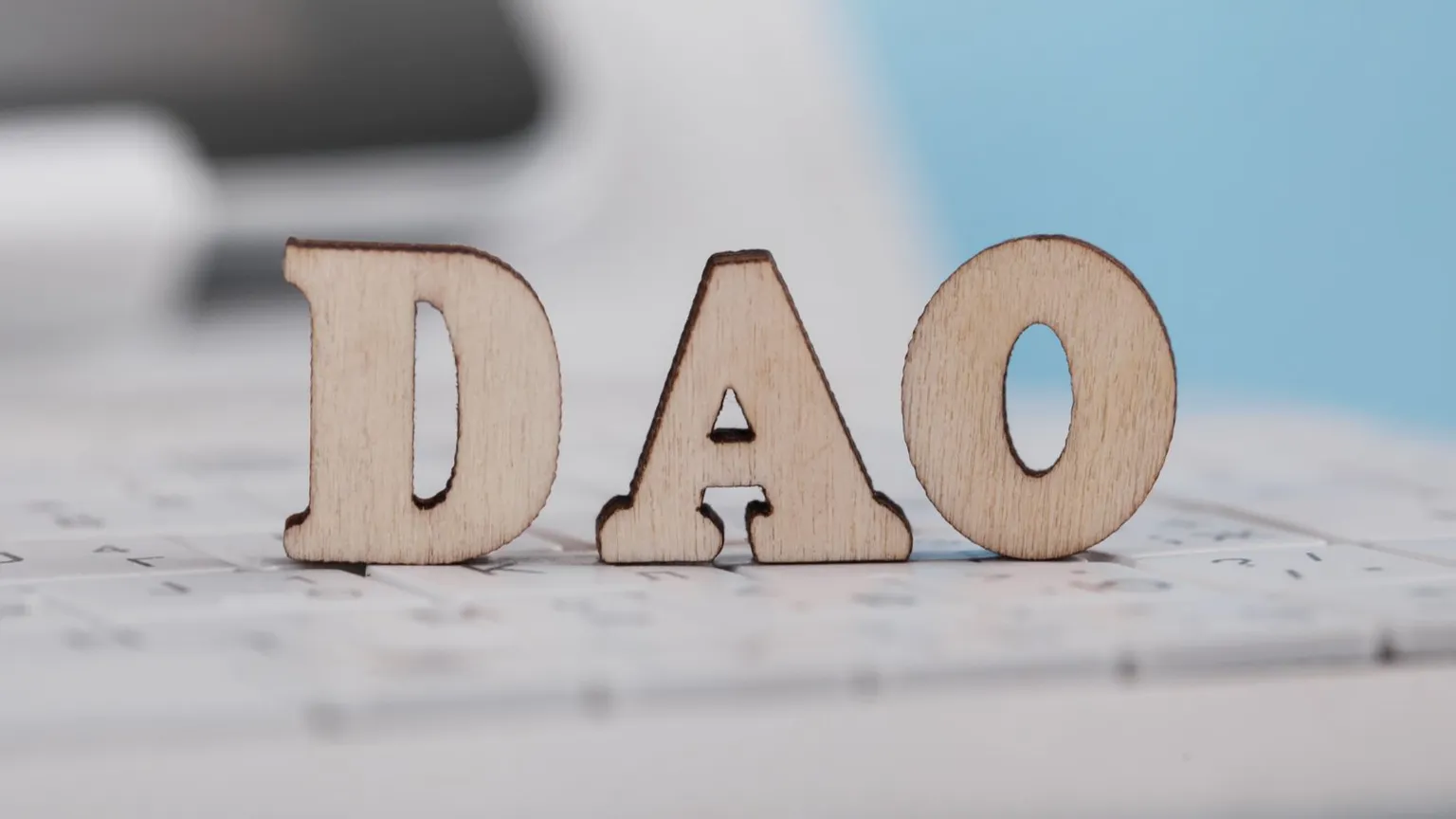
Gitcoin DAO integrates private voting using the Shutter Network protocol to conceal individual votes until the end of each round. Gitcoin Passport NFT badges are used to verify contributor identities and assign voting power based on reputation, ensuring fair and merit-based governance.
-
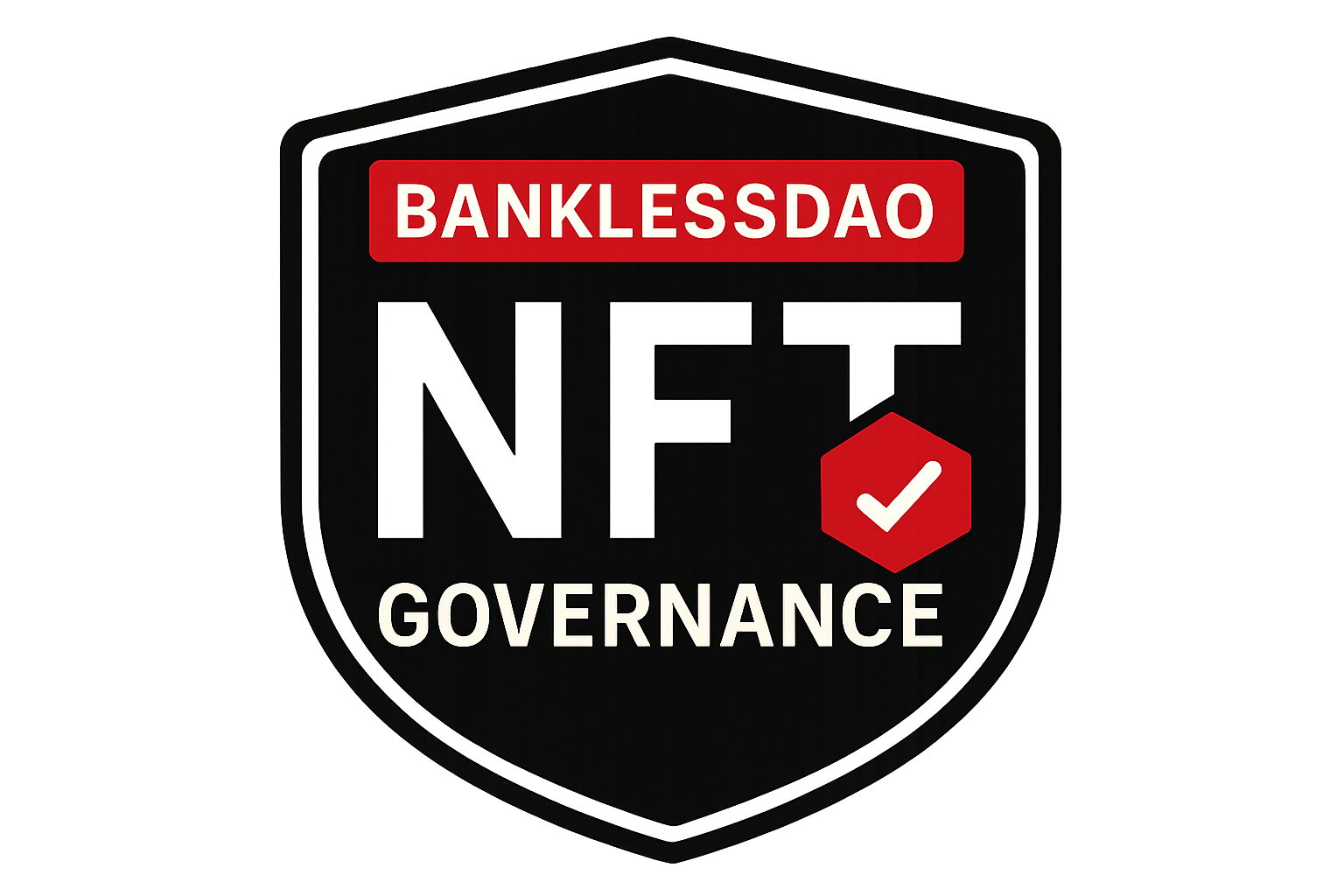
BanklessDAO employs private voting mechanisms for critical governance proposals, leveraging on-chain NFT badges to represent roles such as editors, project leads, and contributors. These badges grant voting rights and are visible on member profiles, promoting transparency and rewarding active participation.
-
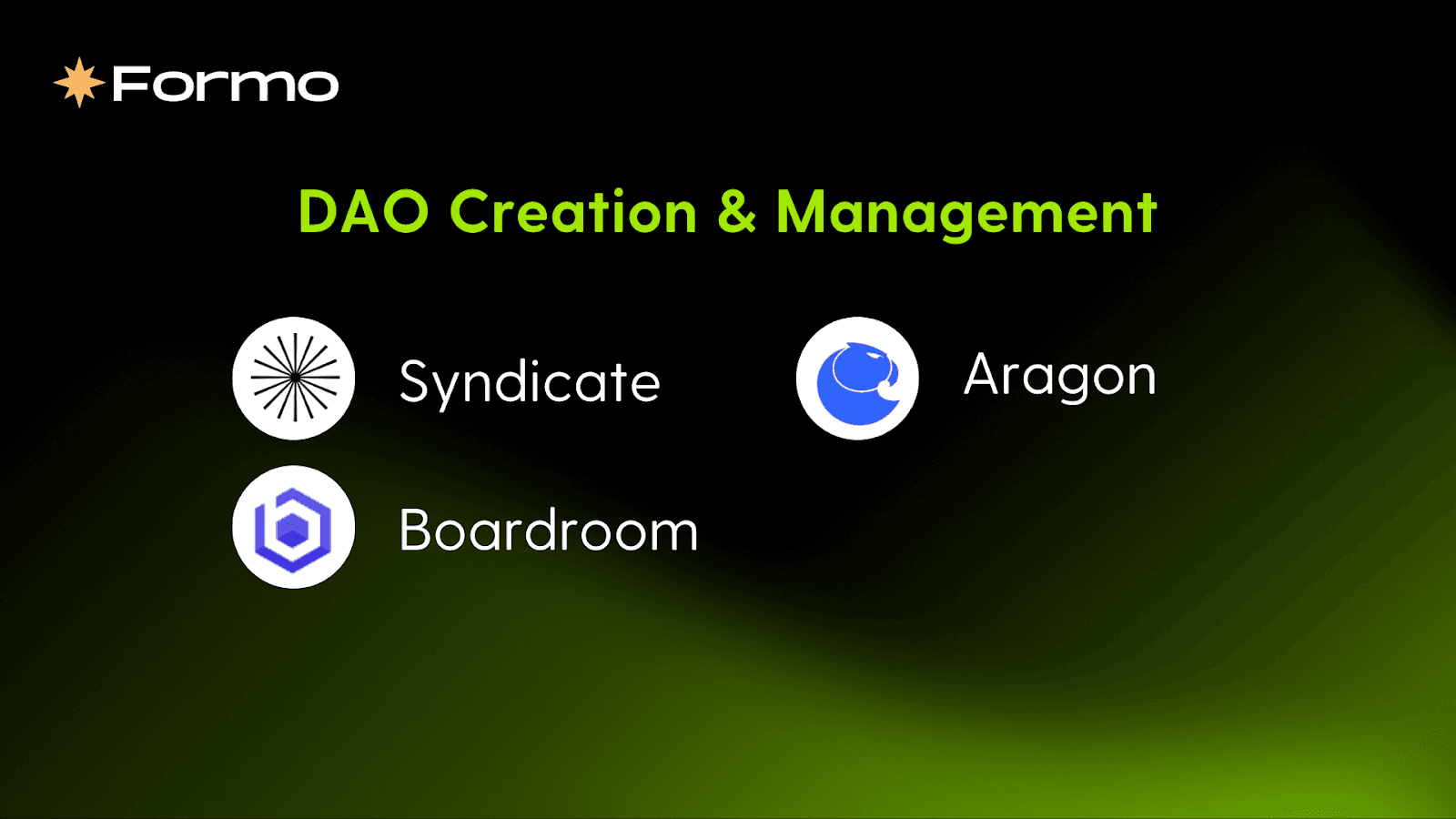
Aragon DAO offers a customizable governance framework where DAOs can implement private voting alongside NFT-based reputation badges. By integrating NFT badges, DAOs built on Aragon can assign voting weights based on user achievements or roles, while private voting ensures unbiased decision-making.
-
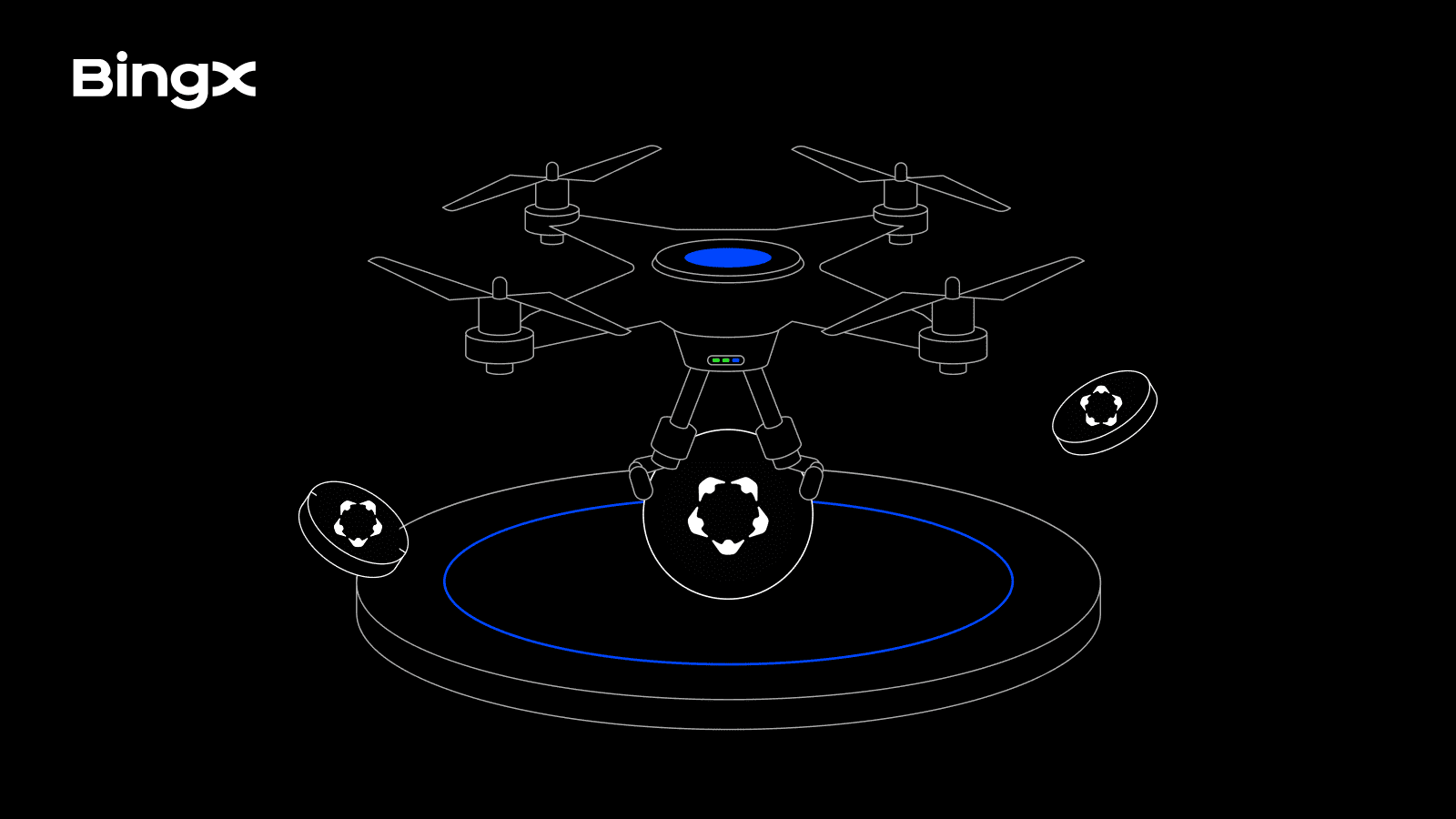
Proof of Humanity DAO utilizes Sybil-resistant NFT badges to verify unique human participants. The DAO has piloted private voting for sensitive proposals, combining these badges with shielded voting protocols to ensure both privacy and integrity in the decision-making process.
-
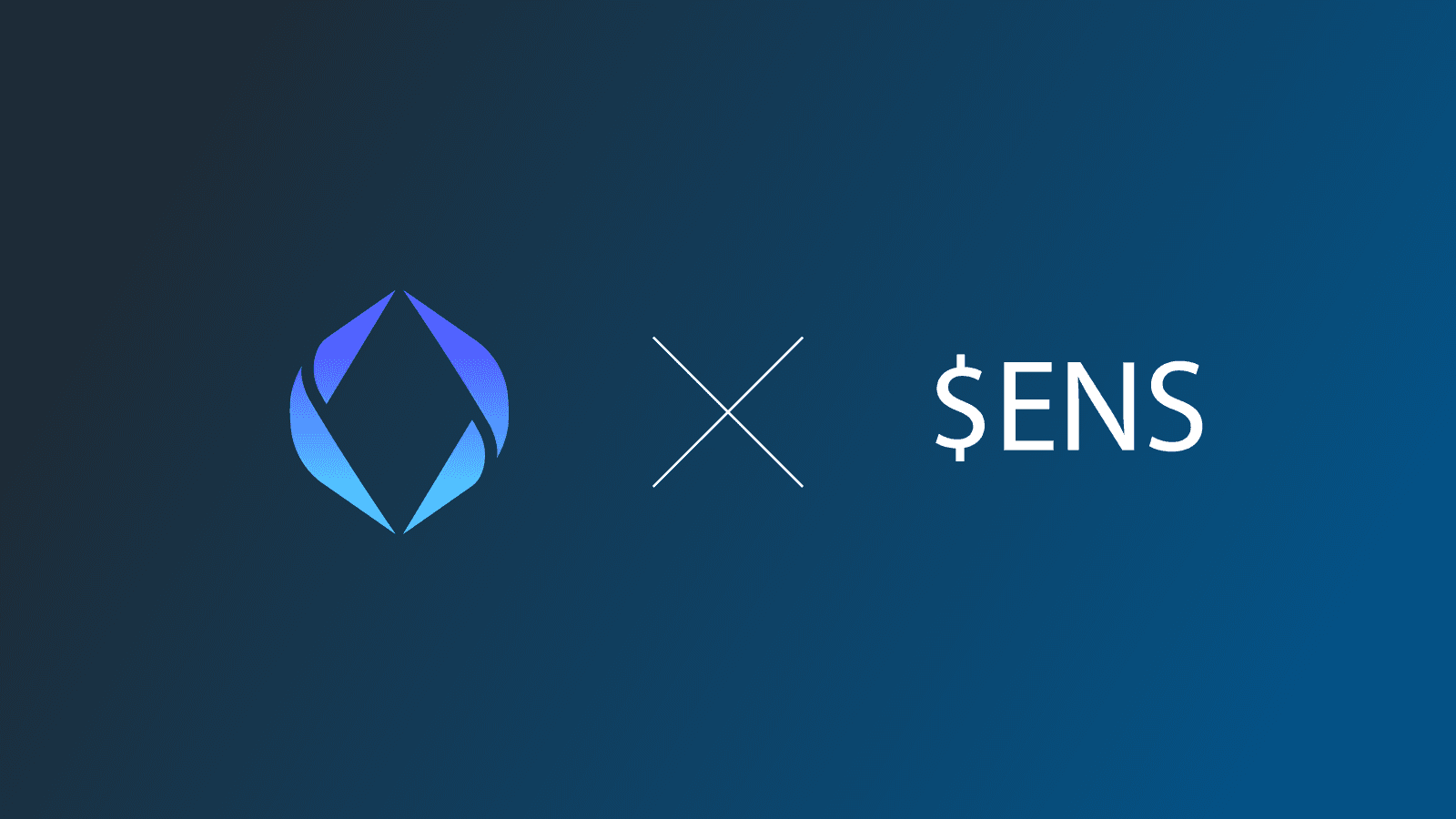
ENS DAO (Ethereum Name Service) has experimented with private voting tools and is exploring the use of governance NFT badges to allocate voting rights based on community contributions and verified participation, aiming to balance privacy with transparent, reputation-based voting power.
This evolution is not just technical but also cultural. Transparent badge issuance logs and confidential voting records help eliminate the information asymmetries that have long plagued traditional organizations. Members can verify each other’s credentials on-chain while remaining confident that their own votes are shielded from prying eyes. The result is a governance environment where trust is built through code and community, rather than hierarchy or opacity.
For DAOs seeking to future-proof their governance models, the integration of privacy-preserving voting with NFT badge systems is quickly becoming table stakes. As regulatory scrutiny increases and communities demand greater accountability, these tools offer a practical path toward robust, equitable, and censorship-resistant decision-making. To learn how your DAO can issue and manage governance badges for secure voting rights, check out this step-by-step guide.
The bottom line: private voting and verifiable NFT participation are setting new standards for decentralized governance. By combining these innovations, DAOs can foster more honest debate, reward real contributions, and unlock the full potential of blockchain-enabled democracy.
